People who trust science are more likely to believe and disseminate false claims using scientific references - pseudoscience - than people who don't trust science, a study finds.
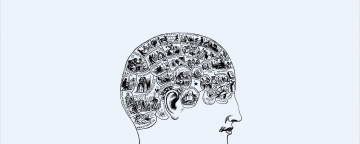

People who trust science are more likely to believe and disseminate false claims using scientific references - pseudoscience - than people who don't trust science, a study finds.
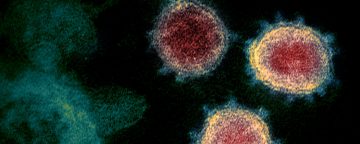
The top U.S. health agencies retain the trust of the vast majority of the American public, as does Dr. Anthony Fauci, the public face of U.S. efforts to combat the virus, according to a new APPC survey.

APPC Director Kathleen Hall Jamieson has been named to a new National Academy of Sciences' council that will explore challenges "to the integrity and health of the research enterprise."

The Civics Renewal Network (CRN), a consortium dedicated to strengthening civic life in the United States, has added three civics and history education organizations to the network.

The Center for Ethics and the Rule of Law will become formally affiliated with the Annenberg Public Policy Center, effective July 1, 2021, with a joint mission of strengthening the rule of law.
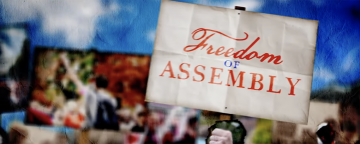
Annenberg Classroom’s documentary about the First Amendment right to freedom of assembly has been honored with a 2021 Platinum Hermes Creative Award in Electronic Media.
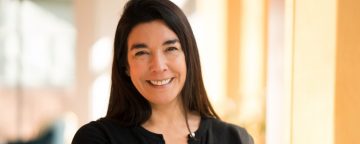
Social psychologist Dolores Albarracín, appointed as Penn's 28th Penn Integrates Knowledge University Professor, will direct APPC's Science Communication Division.
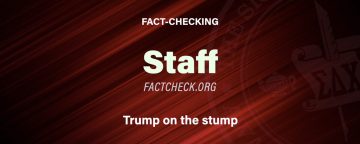
FactCheck.org has been honored with a 2020 Sigma Delta Chi Award for fact-checking from the Society of Professional Journalists for the article "Trump on the Stump."

Young people who use cell phones while driving are also more likely to engage in other risky driving behaviors, new research from Children's Hospital of Philadelphia and the Annenberg Public Policy Center finds.
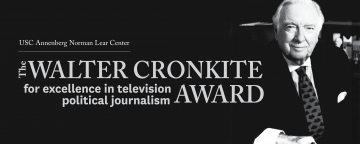
The Cronkite/Jackson Prize for Fact-Checking has been awarded to Dr. Sanjay Gupta of CNN for his work correcting misinformation during the Covid-19 pandemic.